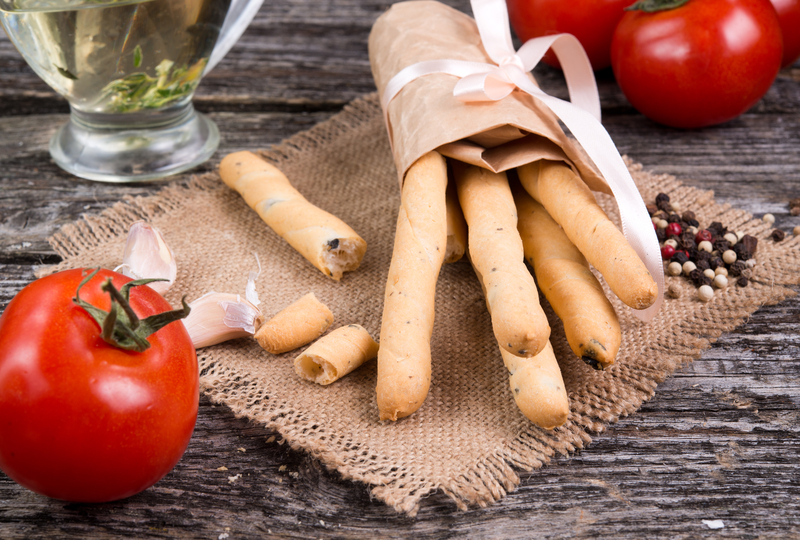Tomorrow's Plastics: Plant-Based Solutions
In recent years, the push towards sustainability has driven the search for eco-friendly materials to replace traditional plastics. One of the most promising advancements in this field is the development of plant-based plastics. Known for their biodegradability and reduced carbon footprint, these alternatives have the potential to revolutionize the way we think about and use plastics.
The Rise of Plant-Based Plastics
Traditional plastics, made from petrochemicals, are notorious for their environmental impact. They are derived from non-renewable resources and take hundreds of years to decompose, contributing to pollution and the growing problem of plastic waste. This has led scientists and innovators to explore plant-based solutions, which offer a more sustainable alternative.

What Are Plant-Based Plastics?
Plant-based plastics, also known as bioplastics, are derived from renewable biomass sources, such as corn starch, sugarcane, and potato starch. These materials are processed to create polymers that can be used to manufacture plastic products. Unlike conventional plastics, plant-based plastics can decompose more efficiently, reducing their environmental impact.
Types of Plant-Based Plastics
1. **Polylactic Acid (PLA):** Derived from corn starch or sugarcane, PLA is one of the most common types of bioplastic. It is used in a range of applications, including packaging, disposable tableware, and 3D printing.
2. **Polyhydroxyalkanoates (PHA):** Produced by microorganisms that ferment organic materials, PHA is biodegradable and can be used in medical applications, packaging, and agricultural films.
3. **Starch-Based Plastics:** Made from potato, corn, or other starches, these plastics are often used for making compostable bags, cutlery, and packaging materials.
Advantages of Plant-Based Plastics
1. **Renewable Resources:** Unlike traditional plastics, plant-based plastics are made from renewable raw materials, which reduces our reliance on fossil fuels.
2. **Biodegradability:** Many plant-based plastics are designed to decompose under specific conditions, making them a better option for the environment compared to conventional plastics that persist for centuries.
3. **Lower Carbon Footprint:** The production of bioplastics typically emits fewer greenhouse gases compared to conventional plastics, which contributes to reducing the overall carbon footprint.
Challenges and Limitations
1. **Cost:** Currently, plant-based plastics are more expensive to produce compared to traditional plastics, which can limit their widespread adoption.
2. **Performance:** Some bioplastics may not be as durable or versatile as their conventional counterparts, posing challenges for their use in certain applications.
3. **Infrastructure:** The composting and recycling infrastructure for bioplastics is not yet fully developed, which can impede their effective disposal and degradation.
Tips for Using Plant-Based Plastics
1. **Research Products:** Not all bioplastics are created equal. Look for certified compostable or biodegradable products to ensure you're making a sustainable choice.
2. **Support Innovation:** Encourage companies and businesses that are investing in bioplastic technology by choosing their products and spreading awareness.
3. **Proper Disposal:** Follow local guidelines for disposing of bioplastics to ensure they are composted or recycled correctly.
Takeaways
- Plant-based plastics represent a promising solution for reducing the environmental impact of traditional plastics.
- They offer benefits in terms of renewability, biodegradability, and carbon footprint.
- Challenges such as cost, performance, and infrastructure need to be addressed to maximize their potential.

Conclusion
As the search for sustainable materials continues, plant-based plastics stand out as a frontier promising significant environmental benefits. While there are still hurdles to overcome, the advantages they offer in terms of renewability and reduced pollution make them an essential part of our stride towards a greener future. By supporting innovation and making informed choices, we can help accelerate the transition to a more sustainable world.
Pros and Cons
Pros:
- Made from renewable resources
- Biodegradable under the right conditions
- Lower carbon footprint
Cons:
- Higher production costs
- May lack the durability of traditional plastics
- Insufficient composting and recycling infrastructure


